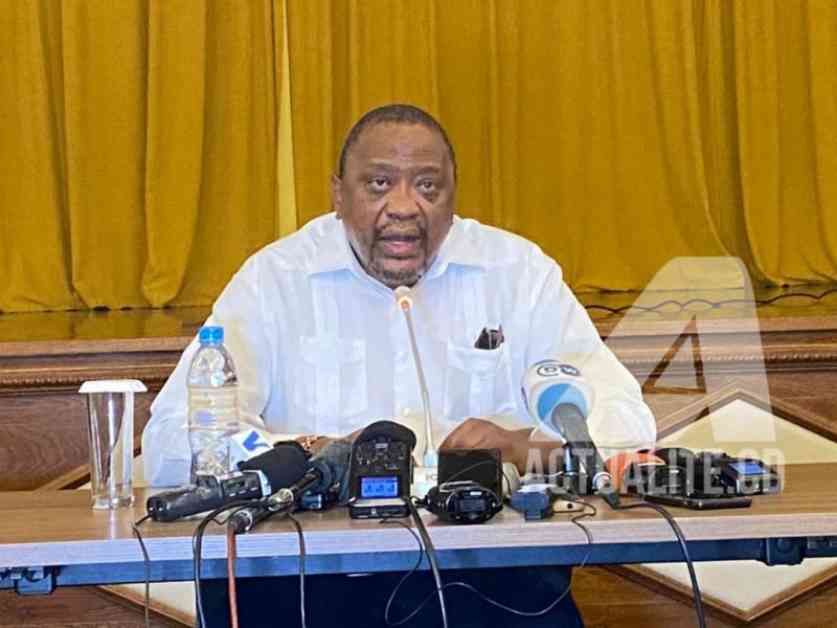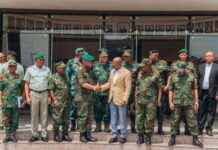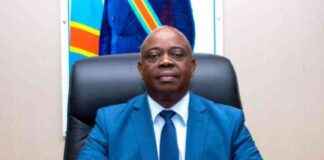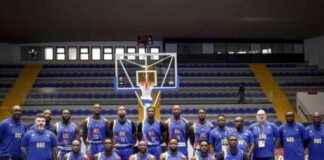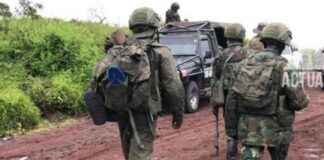Former Kenyan President Uhuru Kenyatta, ex-Nigerian President Olusegun Obasanjo, and former Ethiopian Prime Minister Hailemariam Desalegn Boshe have been appointed as peace process facilitators for the joint EAC-SADC peace process in eastern Democratic Republic of the Congo (DRC). This crucial announcement comes after consultations between the heads of state of the Southern African Development Community (SADC) and the East African Community (EAC), as part of the collaborative EAC-SADC process aimed at restoring peace and security in the DRC.
The ongoing clashes between the Congolese Armed Forces (FARDC) and the M23/AFC rebels in the North Kivu and South Kivu provinces persist despite ongoing diplomatic initiatives. The need for peace and stability in the region has never been more urgent, with innocent civilians caught in the crossfire of this long-standing conflict.
### A New Chapter in the Peace Process
These recent appointments mark a significant shift in the peace process, combining the Luanda and Nairobi processes under the watchful eye of regional leaders. Following the Joint Summit of SADC and EAC Heads of State on February 8 in Dar es Salaam, Tanzania, the appointed facilitators will play a crucial role in coordinating diplomatic and security efforts towards a lasting ceasefire.
In addition, the Chiefs of Defense Forces of EAC and SADC member countries held separate meetings in Nairobi and Dar es Salaam on February 21, 2025, to assess the security situation in the DRC and prepare for the joint meeting of Defense Ministers scheduled for February 28. These high-level discussions underscore the seriousness with which regional leaders are approaching the crisis in the DRC.
### Upholding the Ceasefire Agreement
The joint EAC-SADC statement emphasizes the importance of all parties, including the M23, immediately halting hostilities. While the ceasefire announced by SADC and EAC is a pivotal aspect of the process, the volatile situation on the ground underscores the challenges ahead. The designated facilitators will have a crucial role in ensuring the effective implementation of commitments made during previous negotiations, as they navigate the complex web of interests and alliances in the region.
As the world watches with bated breath, the fate of the DRC hangs in the balance, with hopes pinned on the expertise and dedication of these experienced facilitators to guide the region towards peace and stability. Only time will tell if this new chapter in the peace process will bring about the long-awaited resolution to the conflict that has plagued the DRC for far too long.
